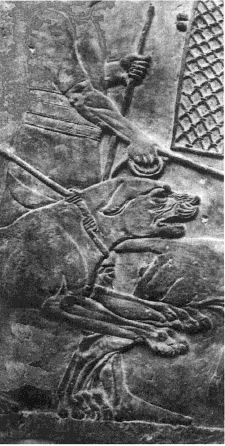 Earlier in the week I began posting my thoughts on recent questions answered by some of my readers.
Earlier in the week I began posting my thoughts on recent questions answered by some of my readers.
This is a continuation of my thoughts…so start at the animal training perspectives beginning if you haven’t already.
Personally, I am a behavior consultant and trainer with a lot of tools in my toolbox.
I work at being progressive—which means I integrate tools and innovate.
This means that I also don’t believe in one type of training suits all nor do I fall for the marketing crap out there.
You see, I’ve been around a long time in different training environments and with a lot of different species and so I pick the tools that I feel are the most progressive and humane.
Over time things changed but the same old issues resurface again and again.
I’ve seen membership groups come and go.
Same thing with the celebrity animal trainers—they come and they go.
But animal training endures and the different types of animal training philosophies continue as well.
There are a large number on that market including those labeled:
- Traditional Training
- Relationship Training
- Affection Training
- Positive Reinforcement Training
- Clicker Training
- ‘Insert Your Term Here’ Training
Before I talk about what those philosophies appear to be, let me share a story.
When I joined up with a notable dog training facility some time back, the owner wanted to bring me into the company as a career move.
We spent a day debating each client’s situation and the strategies we would use after each consult and on the way to another.
He was from an traditional methodology that used an apprenticeship model that I gave up sometime in the late 1970s.
However, we both enjoyed the debates because although we had different strategies, the end result was the solution of the problem.
In some situations, the newer methodology would take longer.
He didn’t want to spare the time while I did.
So from a dollars and sense perspective, I could see his point but from a long term strategic perspective, I didn’t agree.
It was a valuable day for both of us because we had mutual respect for each other and agreed to disagree.
I declined his offer but enjoyed the banter as I always do when getting into the nuances of training.
Anyway, I bring this up because there are different philosophies that read this blog and comment.
Do I agree with all of them?
No, I don’t.
But, people work with what they are comfortable with and unless they have worked in a variety of systems I think it is a bit naive to pass judgment over one or another.
Also, there is a lot of bad information circulating about dog training rooted in old information that gets passed down through pop culture and so endures despite new discoveries.
In the wild animal world, people used to tell me women could not work big cats because they would be easily overwhelmed and dragged.
Excuse me? Gender has little to do with a 300-500 pound cat dragging a person.
My particular role in the animal training and management world has always been to rock the world of others.
Some people love what I say and do while others disagree and get mad—but seldom is anyone milquetoast over what I present.
So what I want to say is that animal training methodology has been around a long, long time.
Many trainers mistakenly think that current methods of training are rooted in efforts from the 1900s but they are mistaken.
Training goes way, way back.
In fact, not all of it is documented and there is the problem.
Think of the Egyptians and their interest in animals.
How about the Romans and their animal antics?
Falconry, elephants trained for the war (and work), horses used for a variety of tasks, and the domestication of companion animals–all indicate early training methodologies.
Early written references to ancient dog training methodology (circa 390 BCE) mirror modern training theory and the first references I’ve found to the dog slip collar (the modern choke chain is a slip collar) are in Assyria in the 7th Century BCE.
So nothing is actually that new–and although you might credit popular animal trainers or celebrity trainers with ideas and practices, that is a mistake.
The reason I bring this up is that most people think they know all about training when they actually only know a little bit.
Many ideas are limited by a species specific or breed specific alliance as well.
This is important to understand because it is why people develop certain perspectives and grab on tightly to them.
I’ll go into a bit more about the training styles in my next part of this series.


